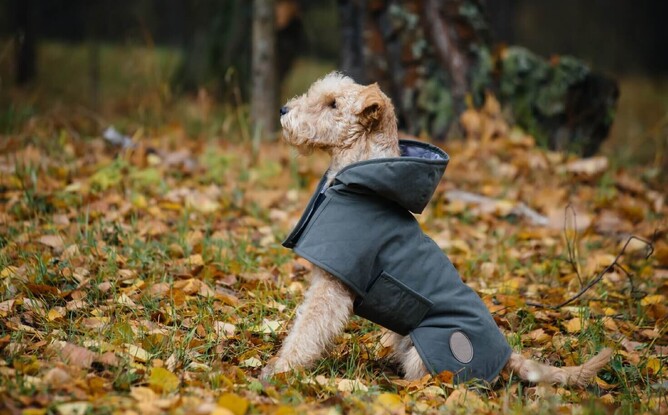The seasons have changed, and the togs have been replaced with jackets and hats. Not only do we feel the change, but so too do our pets. During this time please consider what you can do to keep your pets happy and healthy.
Here are some key things to keep in mind for our pets this winter.
Older Pets: Senior pets are likely to struggle more, particularly if they have joint issues such as arthritis. Keep them warm and comfortable in a snug bed with extra padding. Check-in with a veterinarian if you have any concerns or need advice on how to best keep older pets comfortable this winter.
Bedding: Nighttime is when the temperature can really drop, so consider what bedding and insulation can be added to their sleeping environment to make it warm and snug. Make sure it is in a dry location and avoid drafts.
Shelter: For those spending time outdoors, make sure a dry and warm suitable shelter from rain, wind, hail or snow is easily accessible.
Ice: While this might make an ideal post on social media, ice can be dangerous both for an animal's feet and body temperature.
Food and Water: The essentials of life are even more so over the winter months. Depending on their activity level and breed, some pets will require more nutrition than in warmer months. While indoor pets who might be sleeping more may require less. So as ever remember to measure their food, and adapt to their activity and body condition. Keep up the access to fresh, clean water and that this doesn't freeze, consider having a second water bowl on hand to swap out if it does happen to freeze.
Exercise: A healthy pet always has a good regime of exercise, and just like us it's good for the mind and body. Except in extreme cases, winter is no reason to stop this. Keep an eye on where they are wandering for any hazards, and inspect them regularly to ensure they haven't got weather/environment-related injuries. If your pet becomes wet while out, please consider a towel dry. If you aren't venturing out, consider some sheltered activities that get them moving around.
Pet Ware: While some animals will run a mile when they see a jacket or jumper, these can be effective in keeping your pet dry and or warm. Make sure they are well fitted and are worn right to avoid any extra distress from your pet.
Grooming: Pets often need more grooming over the winter, this is due to having a longer, fluffier winter coat which can mat easier, matted fur does not insulate or provide warmth so its key to keep on top of it as grooming is not just for fabulous looking pets its also important for your pets good health.
Emotional impact: Colder weather, as well as routine changes, can affect pets as much as it does us their two-legged pals, giving them a little extra attention and love goes a long way in helping them during the change of season.
Attention: As ever make sure you pay attention to how your pet is behaving, look for changes in behaviour and if necessary seek advice. Any warm-blooded animal can be affected by the cold (in fact get a "cold") so make sure they aren't exposed to long periods of cold where a respiratory infection could set in.

